Freddie Mercury's teeth and 10 other peculiar facts you might not know about the Queen frontman | Louder
Freddie Mercury’s teeth may have given him his distinctive smile, but when the Queen frontman died on November 24 1991, aged just 45, he took most of his secrets to the grave.
This notoriously private man left his mark on most people that met and knew him: from his fellow art students in the 1960s to his bandmates in Queen and other rock stars in the 70s and 80s. Now, with new Queen biopic freshly released, interest in the formidable frontman has been renewed like never before. Bohemian Rhapsody
Table of Contents
How Freddie Mercury got his voice: It wasn't his teeth - Genetic Literacy Project
Many are questioning if the vocal range of Freddie Mercury was aided by his extra incisors due to a genetic defect, as it was remarkably entertaining yet unlike any heard prior.
One of the interesting side stories from this year’s Academy Awards was noteworthy.
Freddie Mercury was an iconic artist in the hard rock genre. His unique style and stellar vocals left an everlasting legacy. His teeth were remarkable, and this impacted his career and performance. Here we look at Freddie Mercury’s smile and how it shaped his success.
This article investigates why the individual did not correct their smile, as well as other compelling questions.
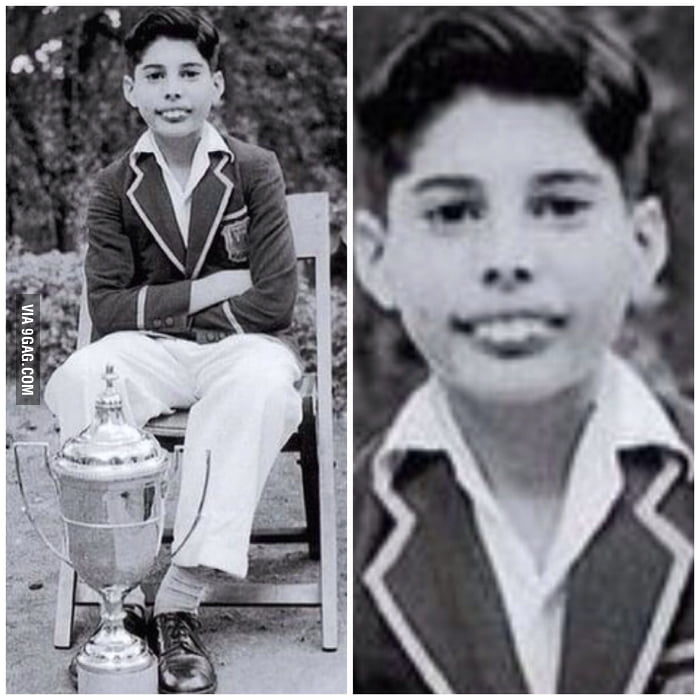
Investigating the History Behind Freddie Mercury's Teeth.
Freddie Mercury’s smile was noteworthy due to his protruding teeth, which was the result of mesiodens – a rare condition involving extra teeth. He had four supernumerary incisors behind the normal set, causing overcrowding and pushing his upper teeth outward to create the distinctive appearance.
His noticeably large front teeth accentuated his condition, drawing the focus of his smile to the protrusion.
Freddie Mercury’s teeth were a particularly notable feature due to their overcrowding, extra teeth and overbite. They drew attention in any photo due to their prominence in his facial features.

is it Genetic?
This is what we do know: His dental endowment (or affliction as he undoubtedly thought growing up) gradually had pushed his front teeth forward as he moved into adolescence, causing a great deal of teasing (“Bucky”) when Freddie was a boy and teen, when he was then known as Farrokh Bulsara.
He hide them behind his hand and, later on, a mustache. But it never squelched his singing.
The Internet is overflowing with accounts of how the transplendent Rami Malek prepared for his role as the four-octave front man by slipping on a pair of customized prosthetic upper teeth to practice speaking and singing.
Freddie’s extra teeth were not attributed to any specific genetic disorder, though one hypothesis suggests a alternate biological explanation.
Most single-gene disorders that affect teeth cause abnormalities or absent teeth, not extra teeth. There are few exceptions, and they are usually syndromes with other symptoms. Cleidocranial dyplasia is one of these, which also leads to short stature and missing shoulder blades.
Gardner Syndrome is better recognized for its colon polyps, but some people may have extra teeth as well.
There are several documented cases in medical literature of people with extra teeth, including one person who had 17 additional teeth. A paper published in an oral pathology journal in 2005 detailed a familial occurrence, likely indicating a genetic predisposition to the condition.
Studies have found that having extra teeth typically leads to a number of issues in the oral cavity, including misalignment of the teeth, food getting impacted, poor appearance and the creation of cysts.
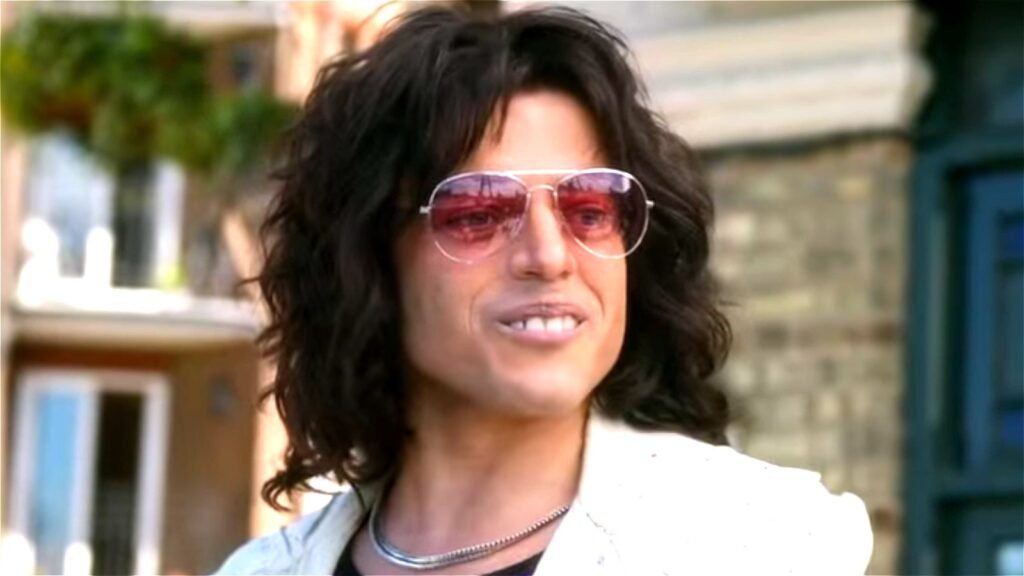
Extra teeth are rare
Freddie was aware of his extra incisors, which would have been difficult to miss. Extra teeth commonly go undetected until discovered through a dental x-ray or when it complicates receiving orthodontic treatment or implants.
Mesiodentes is the name given to Freddie’s dental condition, characterized by the presence of extra teeth, mainly in the upper jaw between the two front incisors. This condition is prevalent in males than in females and Freddie had multiple supplementary teeth.
The prevalence of extra teeth varies from 0.09% to 3.4%, with one study finding a rate of 0.72% in Iran. Freddie’s parents were Parsi and Zoroastrians, who had left Iran for India to avoid religious persecution before he was born in Zanzibar.
He was a rare case, as only 1% of individuals with uncommonly more than two teeth have been reported.
Reports of extra teeth were found in the remains of a 5-year-old from the lower Pleistocene, estimated to be approximately 2 million years old, as well as those of an Australian Aborigine who lived 13,000 years prior.
A dentist weighs in
In the film, Freddie was reported to have additional incisors, which allegedly remained unaltered, possibly leading to the creation of Queen songs like We Are the Champions and Another One Bites the Dust.
Freddie was noted for having a tendency to speak loudly.
Fred Levine, a retired dentist in the Albany area of New York, reported that many individuals have extra teeth and this may or may not be associated with anterior teeth being pushed outward.
He further clarified that jaw size can play an important role, citing instances where the additional teeth cannot fit without affecting arch form.
He highlighted Freddie Mercury’s case as an example of how larger-than-normal jaw size can accommodate supernumerary teeth while preserving a desirable arch form.
Investigations revealed that Freddie’s exceptional vocal abilities were due to his “false” vocal cords and not the presence of extra teeth or a large mouth.
Exploring unexplored areas of biology.
Freddie Mercury developed an impressive vibrating tone with his vocal cords as opposed to a pair of False Vocal Cords, usually not used for sound production, which some people can still use.
In her video, Anna-Maria Hefele portrays a unique technique of singing by utilising both sets of vocal cords in a musical styling akin to Jethro Tull’s flute and bass combination, which starts a few minutes in.
According to Anvar Alikhan’s article in Scroll.in, titled “What Made Freddie Mercury’s Voice So Magical? His Teeth,” Queen’s lead singer reportedly developed a distinct “growl” based on a “subharmonic vibration,” despite the headline implying it was generated from his teeth.
The Scroll.in article is related to a technical report that was featured in the British Voice Association journal. This report involved an acoustical analysis of Freddie Mercury’s voice, which was gathered through interviews and recordings.
To bring the singer’s sound to life, a substitute rock vocalist was used who replicated Mercury’s technique and ingested a small camera for observation of both pairs of vocal cords.
Payment is required for access to the article; nonetheless, the abstract does not contain much information. Endoscopes are incorporated into holes for viewing purposes.
Freddie’s a-cappella singing recordings revealed that his mean fundamental frequency modulation rate (vibrato) was 7.0 Hz, demonstrating vocal tremor.
Daniel Zangger-Borchs, an expert in rock star voices, was studied with an endoscope video and revealed a 3:1 ratio of true vocal cords to false vocal cords at 4132 frames per second.
The analysis of the swallowed camera footage suggested that Freddie Mercury’s vocal range was likely due to his false vocal cords, however, there was still no explanation for his four-octave range.
Refraining from excessive pondering on situations and appreciating the abilities of talented individuals beyond scientific theories can be beneficial.
Ricki Lewis is a senior contributing writer to the GLP, specializing in gene therapy and gene editing. She holds a PhD in genetics and has experience both as a genetic counselor and science writer.
Her single book about gene therapy entitled The Forever Fix: Gene Therapy and the Boy Who Saved It is popular among readers. For further information about her works, please visit her website or follow her Twitter account on “@rickeleiws”.
What were Freddie Mercury's views on his teeth?
Research shows that Freddie Mercury experienced dental discomfort, resulting in him not attempting to find a solution.
Initially, Brian May of Queen was hesitant to bring Freddie Mercury on as lead singer due to his teeth. However, they eventually recognized that Freddie’s smile and vocal range could add much more to the band, thus accepting him into the group.
Freddie Mercury’s overbite caused him distress and he sought to conceal it by using strategies such as holding the microphone close to his mouth or stretching his upper lip over his teeth.
From an early age, Freddie Mercury (Farukh Bulsara) experienced bullying because of his teeth, leading to insecurity. This resulted in his classmates giving him the nickname “Bucky”.
What prevented Freddie Mercury from seeking dental treatment?
Despite having the funds and access to cosmetic dentistry, Freddie Mercury was famously reluctant to address his own imperfect teeth – a unique choice for a frontman of such a successful band.
Freddie Mercury’s legendary four-octave vocal range was thanks to his distinct extra teeth and overbite, allowing him to effortlessly glide from a powerful growl to an angelic operatic melody – what truly made this iconic rockstar stand out from the crowd!
Freddie embraced the “more is better” philosophy, trading in his self-image for those added bonuses that came with having extra teeth – a broader vocal range!
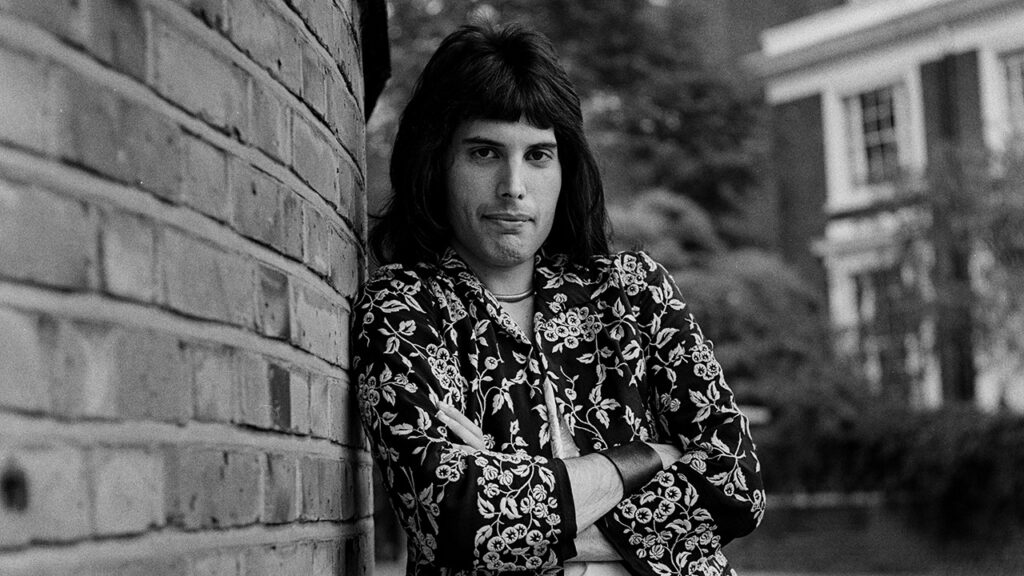
Is it possible to give Freddie Mercury a shining, perfect smile?
No matter the technology – modern or ancient – transforming Freddie Mercury’s smile would have been a breeze!
To get that dazzling grin, Freddie Mercury underwent a dental plan requiring the extraction of 4 extra incisors.
With braces, his teeth can be moved into the perfect alignment! Minor tweaks will bring out his own signature Hollywood Smile – without any drastic cutting of the front teeth.

How did Freddie Mercury's teeth help him hit those incredible high notes?
With an extraordinary capacity for tapping into “false cords” and a four-octave vocal range that included a stunning vibrato, Freddie Mercury was blessed with the talent of captivating our ears!
Freddie Mercury’s golden pipes, epic vocal range, and show-stopping choppers were one-of-a-kind – literally engineered into his very DNA. Sadly, in 1991 he succumbed to pneumonic complications due to AIDS. His tunes continue to reverberate with rock fans across the world, and his legendary chompers even earned their own condition: ‘The Freddy Mercury Teeth’.
Get Ready to Rock with Freddie Mercury's Famous Teeth at Toothology Dental, Scottsdale, AZ!
He had a voice like no other – it was Freddie Mercury, the legendary lead vocalist of Queen! With his one-of-a-kind vocal power and extraordinary stage presence, he helped skyrocket the band to fame.
Now you can’t talk about Freddie Mercury without mentioning his peculiar teeth – so let’s do just that! We’ll give an uplifting discussion about what may have caused his dental alignment plus an exciting orthodontic solution for others with misalignment issues too.
A Smile so Spectacular, it's Memorable!
Freddie Mercury’s legendary overbite was caused by four extra teeth – mesiodens or supernumerary teeth – in his upper jaw. This malocclusion meant more than just an esthetics issue, as it can cause difficulties eating and taking care of the teeth effectively.
Freddy Mercury was aware that his prominent upper teeth could be seen, so he resorted to hiding them behind his lip or hand and then with a mustache.
Despite having the financial opportunity later in life, Freddie chose not to have any kind of alignment work done as he felt it played an essential part in helping give him such a vast range. He was afraid that if he got his teeth changed, it might put a dampener on his singing ability.
Invisalign®
You got an alignment issue? No problem! Toothology’s got you covered. If your case is severe, you may require surgery, but otherwise, Invisalign should do the trick!
These clear removable retainers gently shift your teeth into place over time – just make sure to wear them for at least 20-22 hours a day and take them out only whenever it’s time to eat, for water, or to brush those pearly whites. How cool is that?!
Another Perfect Smile Fades Away!
Dreaming of a Wonder-Woman Smile? Then Invisalign is the perfect choice for you! At Toothology Dental we make smiles straighten, tighten and brighten.
Got questions? Let us help you shine. Reach out to our office today and let’s get your teeth on the right path! Plus, if celebrity teeth fascinate you – catch our July blog post about John Lennon’s famous tooth. Transform Your Teeth, Today!
Check out this amazing Freddie Mercury statue!
Contact Tooth In Turkey
If you’re looking for quality cosmetic dentistry services at an accessible price, Tooth In Turkey a group of dental clinics based in Turkey, can help.
Request a Free Consultation by completing the form, and we will be in touch shortly.

Dentakay Dental Clinic In Turkey
Founded in 2009 by Dr. Gülay Akay, Dentakay Dental Clinic has become a trusted name in dental care and health tourism. With locations in Istanbul, Ankara, Antalya, and Riyadh, plus a consultation office in London, Dentakay offers a range of services from cosmetic dentistry to dental implants. The clinic focuses on patient satisfaction, using the latest technology to provide excellent care in a welcoming, luxurious environment. Whether you’re looking for a routine check-up or a complete smile makeover, Dentakay is dedicated to helping you achieve the best possible results.

Risks Associated with Getting New Teeth in Turkey
Risks Associated with Getting New Teeth in Turkey Risks Associated with Getting New Teeth in Turkey: If you’re looking for an affordable way to get

Technology Used for New Teeth in Turkey
Technology Used for New Teeth in Turkey Technology Used for New Teeth in Turkey: Are you tired of traditional methods for new teeth in turkey?
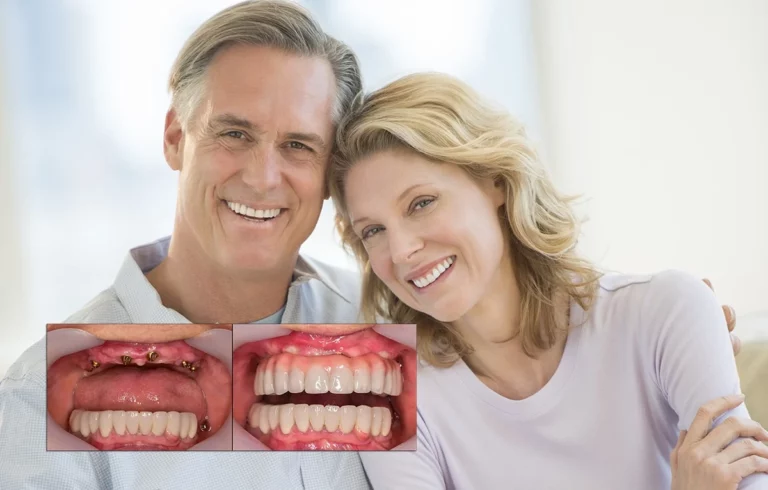
The Benefits of Getting Dental Implants in Turkey
The Benefits of Getting Dental Implants in Turkey The benefits of getting dental implants in Turkey: Considering dental implants? Turkey offers affordable, high-quality dental care
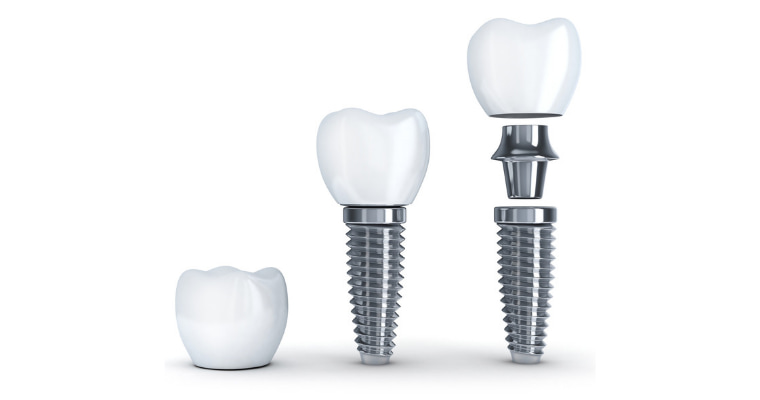
Why are Dental Implants Cheaper in Turkey?
Why are Dental Implants Cheaper in Turkey? Why are Dental Implants Cheaper in Turkey? Are you tired of paying excessively high prices for dental implants?

Which Dental Implant System is the Best in Turkey?
Which Dental Implant System is the Best in Turkey? Are you tired of hiding your smile because of missing teeth, but hesitant to pay the




